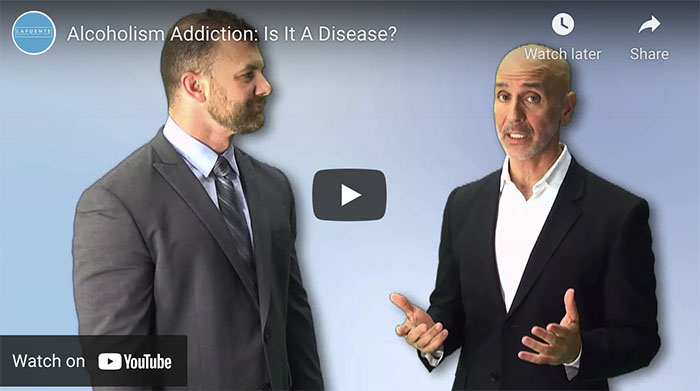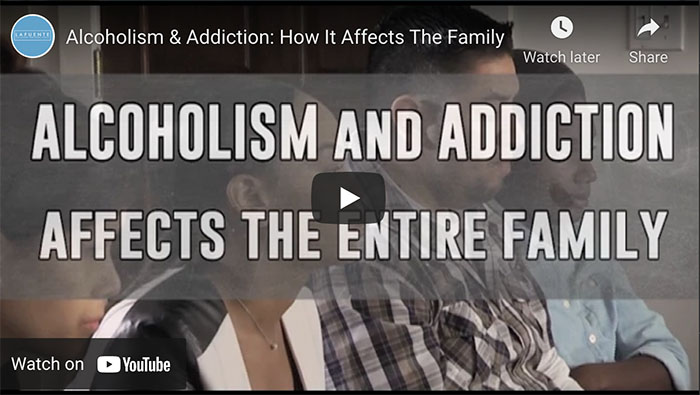Alcohol addiction is a serious disease that affects many individuals in the United States today. Unfortunately, the alcohol abuse crisis is being overshadowed by the opioid crisis, and alcohol itself is often touted as a harmless substance by the media because it is legal and socially acceptable. Make no mistake, though; alcoholism is a mental disorder and chronic disease that requires professional care in a substance abuse treatment facility.
Alcohol Rehab
Is Alcohol a Depressant?
Drinking alcohol can make you feel good, excited, and happy. However, many people don’t realize that alcohol is a depressant. The National Institute on Health states that alcohol is classified this way because, although it initially causes euphoria and excitement, it eventually creates sedation, sleepiness, and even slowed breathing. Drinking too much alcohol could cause a person to fall asleep and stop breathing altogether, which is very dangerous. Coma and death are also possible side effects of drinking too much alcohol.
Many people do not recognize these effects. Instead, they drink because they initially feel good and continue to drink to keep the good feeling going. Participating in this behavior too often can cause addiction. Alcohol is a dangerous substance, and those who become addicted experience many severe side effects.
Alcohol Addiction: Signs, Withdrawal, and Symptoms
Signs of alcoholism are not difficult to spot. According to the National Library of Medicine, when a person abuses alcohol enough to experience alcoholism, they will show a number of signs, including:
- A high tolerance for alcohol
- Cravings when they are not drinking
- An inability to control their drinking once they start
- A physical dependence on the substance that leads to side effects when they don’t drink, also known as withdrawal symptoms
Alcohol withdrawal symptoms are the strongest and most severe sign that a person needs help for their addiction to alcohol. The most common alcohol withdrawal symptoms include:
- Anxiety
- Depression
- Mood swings
- Nightmares
- Shaking
- Irritability
- Exhaustion
- Sweating
- Clammy skin
- Pale skin
- Fast heart rate
- Headache
- Insomnia
In some cases, individuals with alcoholism might experience severe withdrawal symptoms. These are collectively known as delirium tremens and are a medical emergency. They include symptoms like:
- Fever
- Seizures
- Hallucinations
- Confusion
- Delirium
A person who is experiencing delirium tremens needs medical treatment immediately. The other symptoms and signs of alcoholism are those associated with other substance use disorders, such as an inability to concentrate, problems at school and work, spending less time with people or spending time with different people, ignoring one’s responsibilities, etc.
How Alcoholism Affects the Family
Alcoholism can cause severe problems for a family. It is important to remember that every individual in the family is likely to be affected. This could mean that an individual related to the alcoholic could struggle with a mental disorder, that financial problems will hang over the family unit, and many other things could go wrong. That is why at La Fuente Hollywood Treatment Center, we have a family program that encourages your family members and loved ones to attend our family days, where they can begin their own recovery by addressing the physical, emotional, mental, and spiritual dimensions of the disease of addiction.
LGBTQ Community and Alcoholism
Alcoholism is also a prevalent issue in the LGBTQ community. This is partially because alcohol becomes a way for people who identify as LGBTQ to self-medicate when issues of prejudice or bigotry cause them to experience everything from self-esteem issues to full-blown mental disorders like anxiety or depression.
Bars are often considered safe and accepting spaces where LGBTQ people might first socialize with one another, which can potentially lead to problematic alcohol abuse. It isn’t a coincidence that alcohol companies themselves spend considerable amounts of money on advertising that is precisely engineered to target members of this community.
The LGBTQ community and alcoholism are, unfortunately, linked at a higher rate than that of alcoholism in straight individuals. For those who are a part of this community and need help putting an end to their alcohol abuse, treatment in an LGBTQ-affirmative facility is often the best way to recover safely and receive appropriate individualized care.
Alcohol Addiction Treatment
 Alcohol rehab offers safe, effective care for individuals who need help putting an end to their alcohol abuse and who need to learn skills for avoiding relapse in the future. Many facilities all over the country offer this kind of treatment, as well as individualized treatment plans for each patient. However, an alcohol addiction treatment program is best for individuals who are dependent upon alcohol and part of this community. This treatment offers the kind of specialized care and sensitivity necessary for treating individuals in the LGBTQ community.
Alcohol rehab offers safe, effective care for individuals who need help putting an end to their alcohol abuse and who need to learn skills for avoiding relapse in the future. Many facilities all over the country offer this kind of treatment, as well as individualized treatment plans for each patient. However, an alcohol addiction treatment program is best for individuals who are dependent upon alcohol and part of this community. This treatment offers the kind of specialized care and sensitivity necessary for treating individuals in the LGBTQ community.
Reach Out to La Fuente Hollywood Treatment Center Today
Contact La Fuente to get you or a loved one on the road to recovery today at 888.903.9898.


